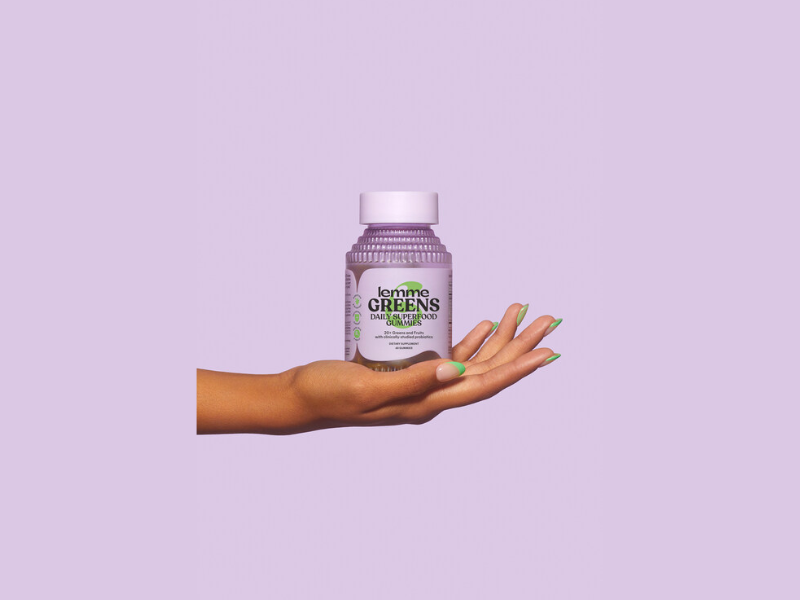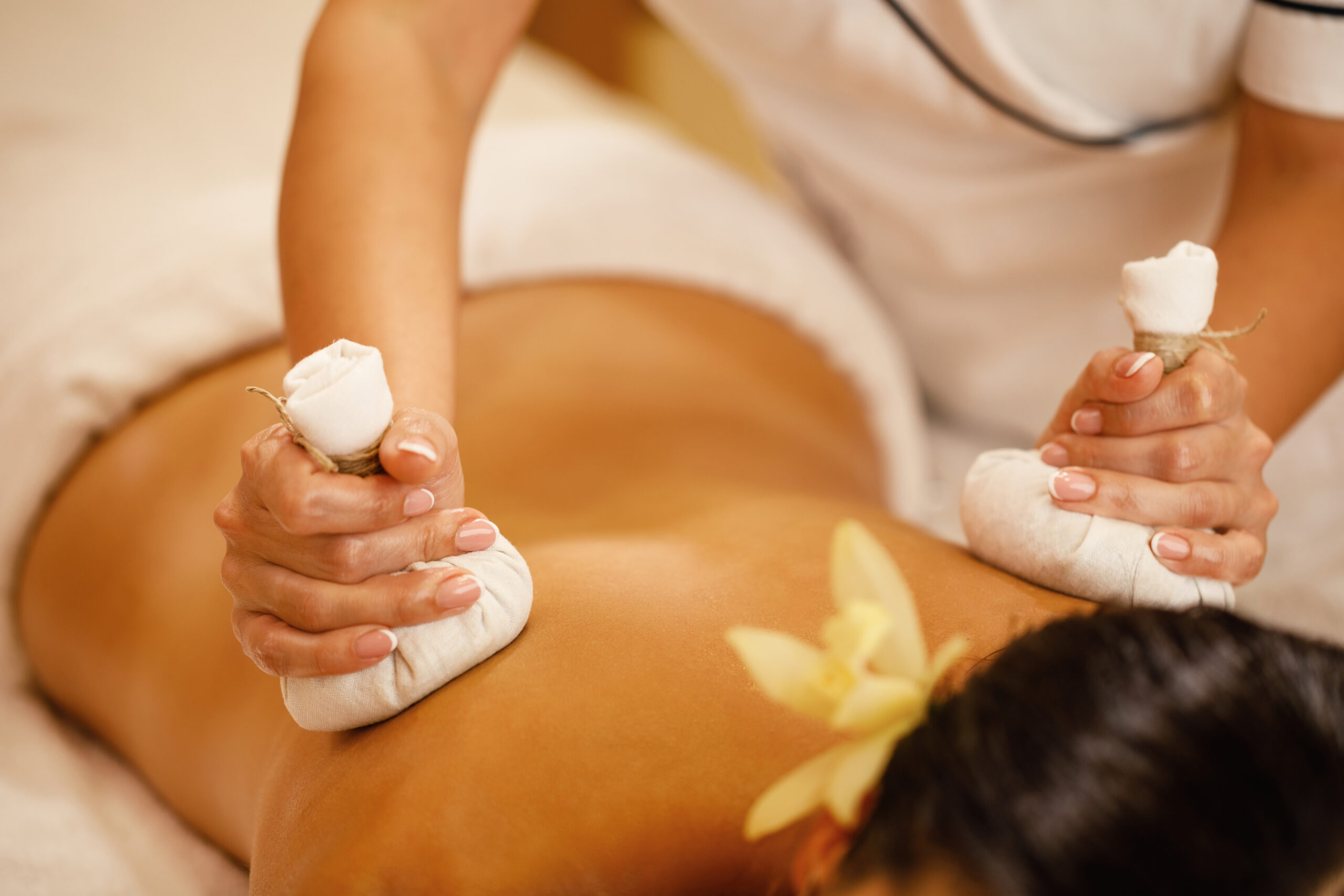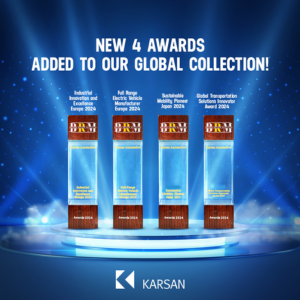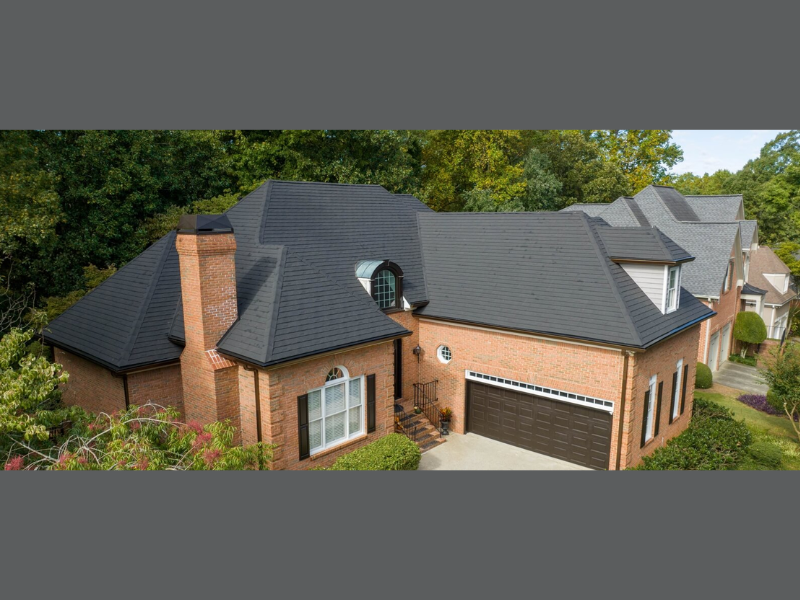What is a Spa?
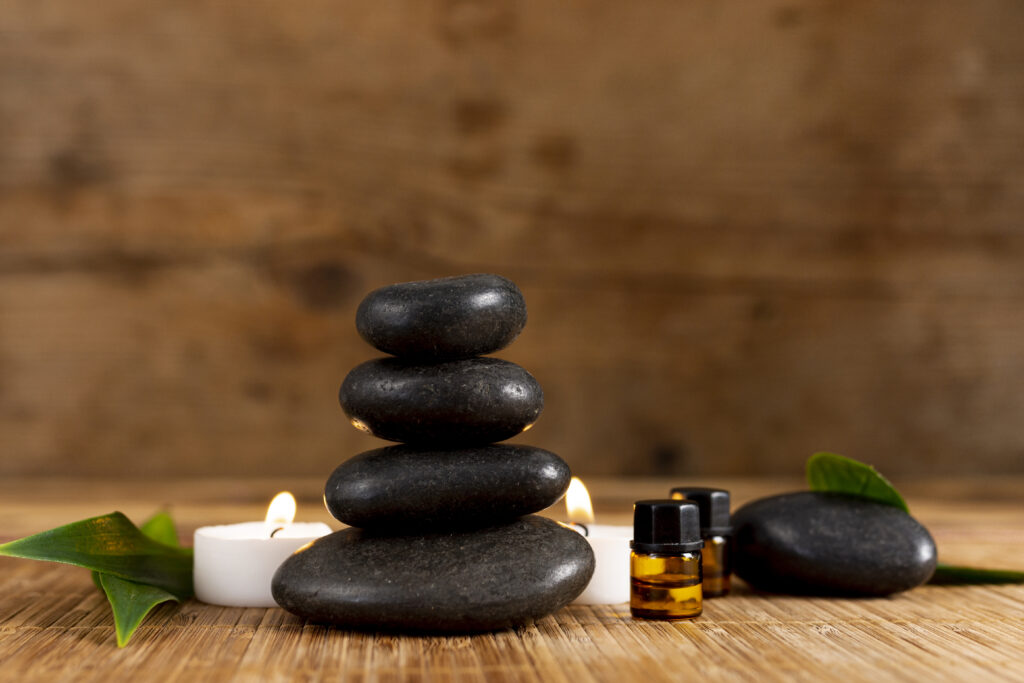
A spa refers to a commercial establishment that provides a range of services for health management and body relaxation that may include but are not limited to massages, body scrubs, steam baths, sauna baths, manicures and pedicures, facials, and waxing.
The word “spa” is often used to describe a resort located by mineral springs that are thought to have health-promoting properties, but the term is also associated with a wider array of commercial facilities offering wellness treatments.
The International Spa Association (ISPA) defines spas as places “devoted to well-being through a variety of professional services that encourage the renewal of the mind, body, and spirit.”
Spas cater to a wide variety of clientele who are looking to unplug and find stress relief. Some premier health spas offer multi-day wellness boot camps for executives with systematic diet plans, physical evaluations, and personalized treatments.
Wellness travel has become one of the industry’s fastest-growing sectors. The forecast for the global spa market predicts a growth rate of 6% by 2025. Let us take a look at some of the factors that is driving this growth.
Spa market analysis – the driving factors
- Globally, the increasing interest in experiencing wellness services during vacations is driving the destination and leisure wellness businesses. Catching on this global shift in trend towards a more comprehensive approach to health and beauty and in order to complement their regular spa services, spas have begun to diversify and branch into health and aesthetics by offering a wider range of services to well-seasoned spa-goers, in addition to the formerly “alternative” health treatments including acupuncture.
- Due to rapid urbanization, sedentary lifestyles and hectic schedules, mental health problems such as depression, anxiety, and stress are becoming more common among people. As a result, there is a growing preference for therapeutic spas to reduce anxiety and stress.
- In order to mitigate work-induced stress, several corporate organizations have been suggesting various stress-relieving practices to their employees, which is also acting as a driving factor for market growth. The health benefits associated with the spa services, such as stress-relief, minimization of body pain, and the calmness offered, are driving the demand for spa services.
- Changing lifestyles clubbed with the increasing spendable earnings and increasing health consciousness among people is also driving the market growth. With tiredness becoming increasingly common among the urban populace, people prefer to have services that help them rejuvenate and relax, in order to keep themselves fit and healthy.
- Owing to the growing demand for beauty enhancements among most customers, several spas offer various non-invasive cosmetic medical procedures, along with their usual spa treatments, to capture the growing demand trend.
- Additionally, the growing interest in personal pampering and investment in self-improvement has changed the perception of spas thereby expanding the spa market in dimensions across the world.
Keeping in line with the above trend, spas are offering personalized luxurious and super-luxurious experiences through various wellness programs and treatments. They are also gaining massive tide as they are expanding their customer base to individuals that prefer to relax in a comfortable ambience. Additionally, the availability of natural and organic procedures and floatation therapies and the increasing employment of innovative marketing strategies on social media to strengthen brand positioning are acting as other growth drivers. Contemporary spas that provide facial and detoxifying treatments by using organic ingredients, peels and water-based elements along with the ones that promote natural healing of the skin, have also amplified the industry growth.
Spa market trends
Here are the wellness and travel trends that will entice you to reboot both mind and body in 2023.
Diagnostics will influence your travel plans
‘Preventative’ is trending now in the spa industry. This is because the latest science-based technologies and diagnostic tools empower spas to customise stays with therapies that address everything from body health to emotional well-being. For instance, a Swiss wellness brand’s spa has an in-house molecular lab that analyses genes associated with ageing—and prescribes treatments accordingly. A wellness spa in Miami can run diagnostic tests on over 100 parameters like serum glucose and cholesterol, and uses results to create a roadmap for longevity.
A New York wellness resort is equipped with advanced diagnostic technology which assesses the state of your musculoskeletal system, cardiovascular health, and other key health indicators and a screener for cognitive health. This data is used to customise everything from a 90-minute therapy to a 12-week program. Guests of a longevity retreat brand are sent a wearable strap to gather data on sleep, recovery, and fitness prior to arrival so staff can create tailor-made itineraries.
Pro-ageing and longevity – the new buzzwords
Pro-ageing and longevity practices are terms we will be seeing more frequently. Peptides, stem cells, and platelet-rich plasma are the latest advanced therapies that promote youthful skin. Cutting-edge technologies are being employed to improve the appearances of dark spots and wrinkles, and revitalise cells. A skincare brand is using a form of light therapy that regenerates collagen at its new spa. In London, a spa claims an innovative three-in-one chamber which detoxes the body and stimulates cellular repair.
The new norms of socialising – soaking and steaming
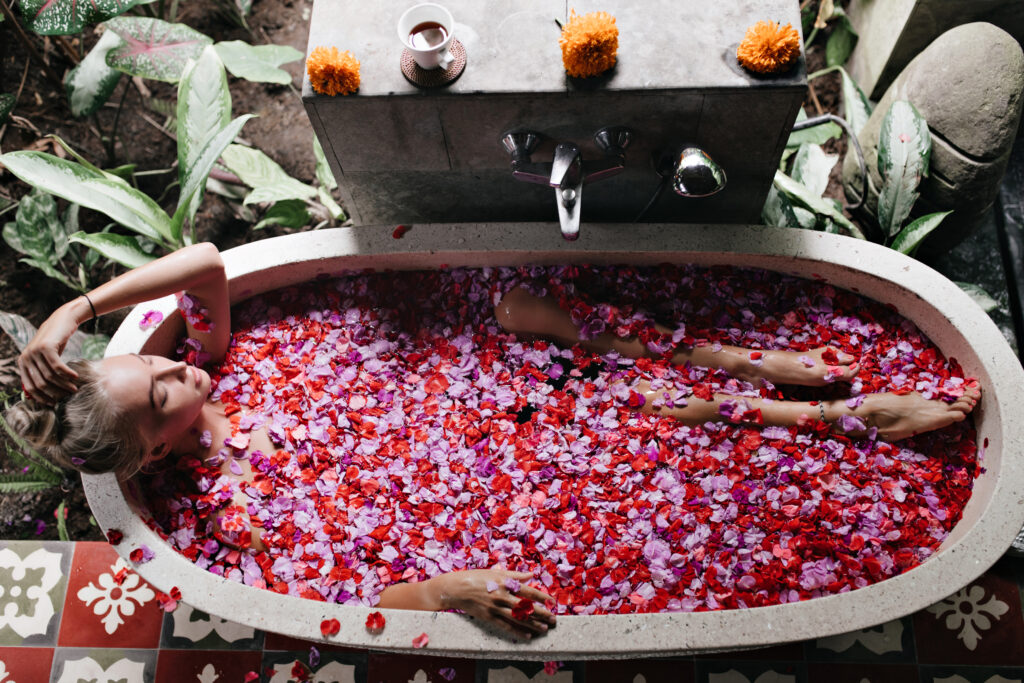
Scandinavians believe stress melts away faster if you socialise while sweating. The rest of the world is catching on by building sauna and hydrotherapy complexes with restaurants, bars, and even live music. In Alaska, a Nordic Spa features a pool circuit of steamy 103-degree pools and polar plunges, a Himalayan rock salt sauna, Russian banyas, and cedar soaking tubs and barrel saunas. At another spa outside of Toronto, six saunas, two steam rooms, and multiple hot tubs and cold plunges are complemented by a Biergarten, cocktail lounge, and farm-to-table restaurant. At a spa in Colorado, you can watch live music performances while hopping around the outdoor complex consisting of plunge pools and eight soaking tubs.
Don’t want to meditate? Try Arts and crafts
Silent meditation sessions aren’t the only pathway to awareness. More spa resorts are offering guests with fresh ways to work the creative side of their brains. A new glass-panelled artist studio, a hotel in Marrakech, offers guests the opportunity to be tutored in pottery, weaving, beading, and more by top master craftsmen. And, at a property in Santa Fe, local artists lead workshops both on- and off-property in disciplines ranging from watercolours to chalk pastels. As a result of the pandemic-fuelled pottery craze, a wellness property offers ceramic making, tile work, and raku firing—a 16th-century Japanese technique.
Recovery is the new secret to performance
Ask professional athletes their secret to performance improvement and they will tell you that it is recovery, and not double work-outs. On this line, a spa in Switzerland will feature a biohacking recovery lounge geared at speeding up recovery. In Colorado, a luxury hotel has a recovery lounge that offers oxygen therapy plus equipment such as compression boots and heating and DIY massage devices. In Napa Valley, the restoration and recovery circuit at a spa can cure everything from fatigued muscles to a hangover and other therapies.
The new mantra in mindfulness
Stillness is the new path to consciousness. The latest meditative activities are set in movement. New nature wellness retreats incorporate mindful kayak and paddle board excursions to floating docks where you’ll practice yoga or soak in a hot tub surrounded by ancient cedar trees. A hotel in Iceland and Colorado feature ski excursions and snowshoe forest bathing sessions.
In the Maldives, luxury wellness retreat has even made the sound bathing experience a walking journey through a jungle path lined with 12 instruments that create different vibrations. The pandemic brought into fore the joy of walking, and some of the world’s leading trekking destinations are opening luxurious new retreats where we can clear our mind and challenge our bodies. In Nepal, another trekking paradise, a 250-mile hiking trail has given hiking fans a new item for their bucket-list. The historic pilgrimage route takes in 400 historic and cultural sites set against snowy Himalayan peaks. A Hotel in Nepal offers guided day hikes as well as multi-day treks up to the border of Tibet with glamping-style accommodations.
The most in-demand spa treatments
Below are some unique and weird spa treatment trends which are in high-demand and mention-worthy.
- Crystal Healing Massages
- Turkish Bath Massage
- Gold Massages
- Lymphatic Drainage Facials
- Sound Baths
- Colonic Hydrotherapy
- Salt Sauna
- Ayurveda Massages
- Light Therapy Facials
Immersive spas are set to be the most popular spa experience of 2023, with searches for the unique style of spa up by 566%. Immersive spas, use technology to immerse visitors, to make them feel as if they’re in the natural world – from bathing in a storm, complete with lightning and thunder to relaxing in a pool by a waterfall.
Other unique spa offerings which ranked in the top ten trending experiences were dog-friendly spas – with people searching for doggy spa breaks 50% more than previous year.


